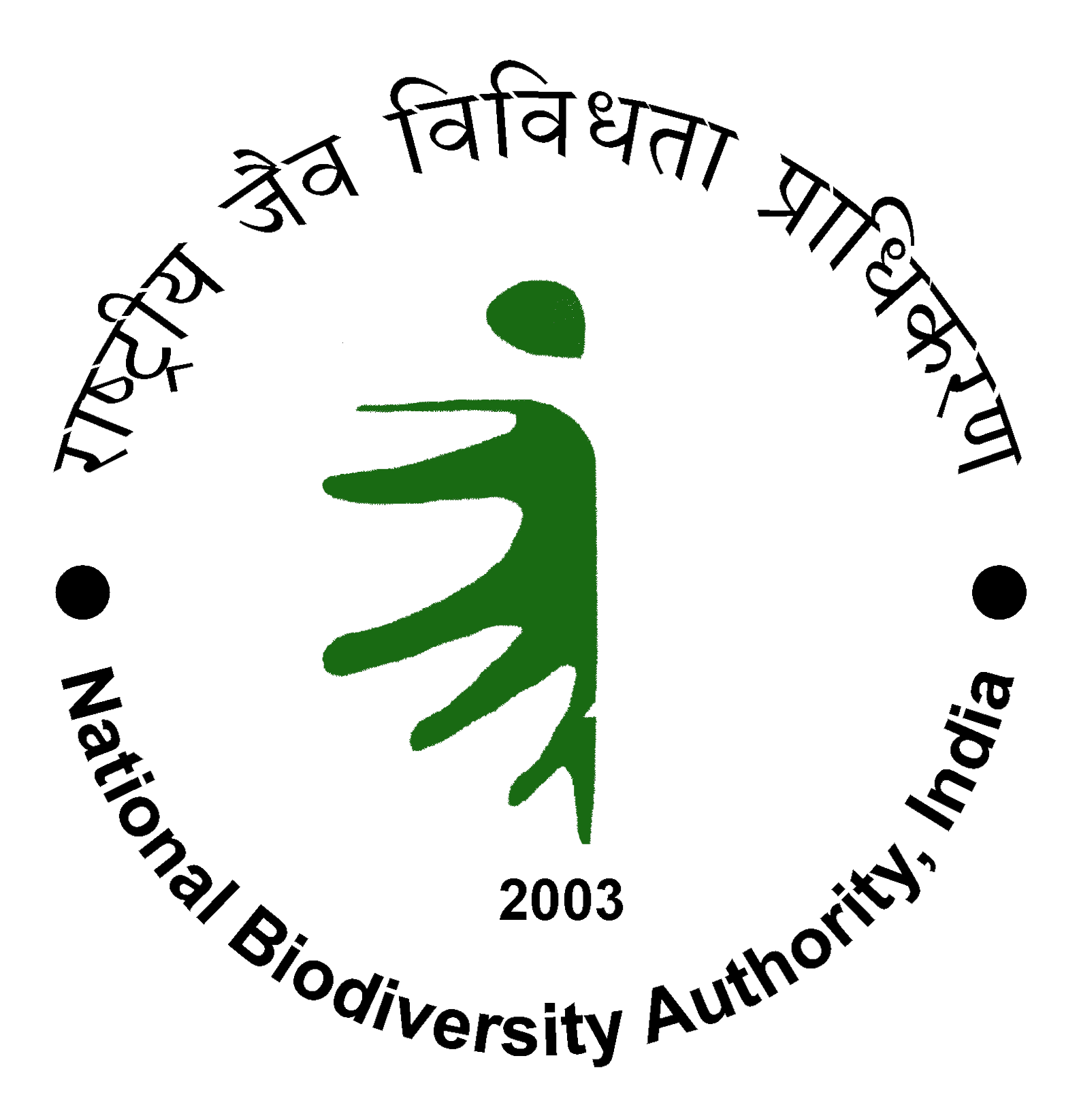Project Background
About the Project
Hon'ble Prime Minister of India announced the setting up of an ASEAN-India Green Fund (AIGF) with an initial contribution of USD 5 million from India at the 6th ASEAN-India Summit held on 21 November 2007 at Singapore. AIGF was established to support the activities relating to environment and climate change. Subsequently, the National Biodiversity Authority of India (NBA) in collaboration with Ministry of Environment, Forest and Climate Change as well the Ministry of External Affairs Government of India, ASEAN Centre for Biodiversity (ACB), Manila and ASEAN Secretariat initiated a cooperation project on ‘Capacity Building towards implementing the Nagoya Protocol on Access and Benefit Sharing, the City Biodiversity Index, and the Strategic Plan on Biodiversity’.
Objective of the Project:
Executive Agencies:
- National Biodiversity Authority (NBA), Chennai. India
- ASEAN Centre for Biodiversity (ACB), Laguna. Philippines
Partners:
- Ministry of Environment, Forest and Climate Change, Govt. of India.
- Ministry of External Affairs, Govt. of India.
- ASEAN Secretariat, Jakarta, Indonesia.
India and ASEAN Member States:

Target Groups:
-
Policy makers, Government officials, Research scholars working on biodiversity issues, Foresters, Biologists, Professors from Universities of ASEAN countries and India, indigenous and local communities involved with traditional knowledge and ABS, industry and research institutions will also benefit from their involvement in the ABS component of the project.
- The project include participation from ASEAN and India Cities to be involved in the urban biodiversity component. It is envisaged that the urban community in ASEAN and India will benefit through better integration of biodiversity considerations into urban city planning and development through mainstreaming of biodiversity concerns into urban planning.
- This project will also benefit government officials and policy makers in realizing national, regional and international commitments on biodiversity conservation such as NBSAPs, Strategic Plan for Biodiversity and Aichi Targets through local action.
Project Components
- Supported AMS-India on Implementation of Nagoya Protocol on Access and Benefit Sharing
- Increased awareness of the city officials on the importance and value of urban biodiversity conservation
- Capacity Building on Achieving the Aichi Targets




